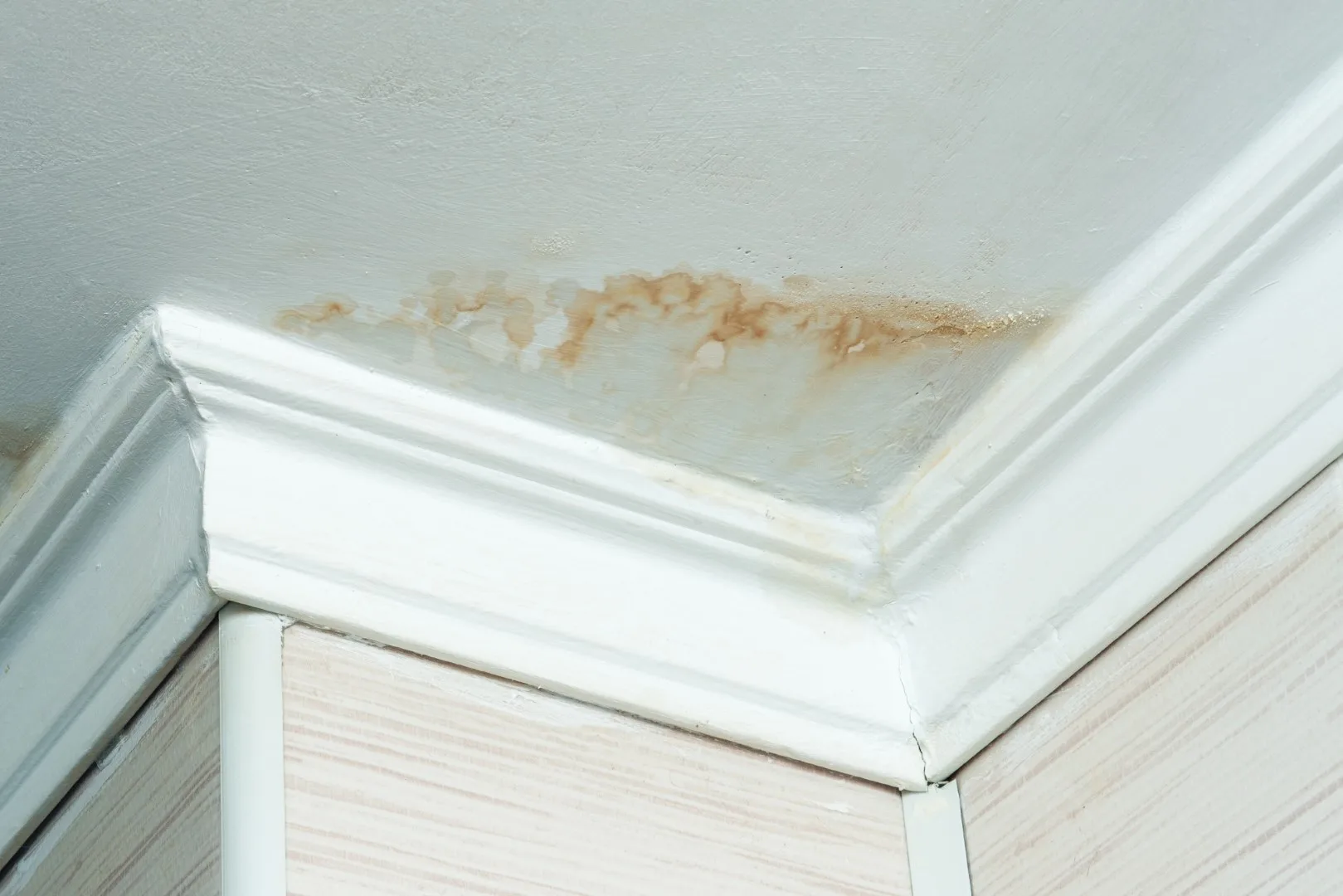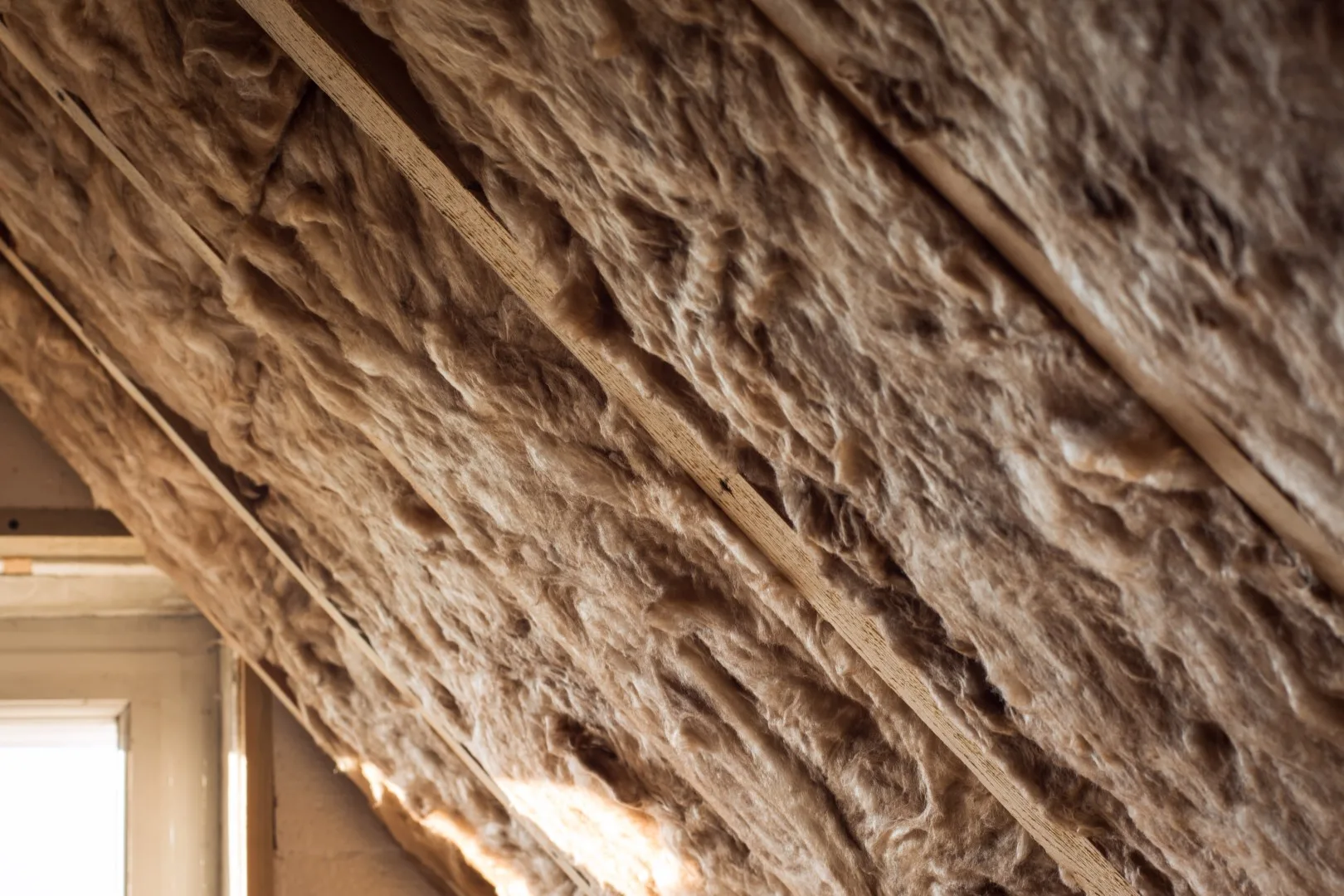
Your home is one of your biggest investments, and protecting it goes beyond routine cleaning or seasonal inspections. Homeowners may not realize they can avoid some of the most expensive repairs, like water damage, roof replacement, or foundation issues, by taking the right preventive measures. A little care now will help you avoid costly surprises and keep your home safe, efficient, and in good shape for years to come.
1. Stay on Top of Roof Maintenance
Even though your roof protects your entire home, homeowners tend to overlook this area. Roof imperfections, clogged gutters, and undetected leaks can lead to water intrusion, mold growth, and structural damage. Make sure you:
- Schedule annual roof inspections to check for missing shingles, debris buildup, and structural issues.
- Clean out gutters regularly to prevent water from pooling or backing up.
- Trim trees to prevent weak limbs from falling and damaging your roof.
- After storms, do a quick visual check for loose shingles or debris buildup.
- Consider installing gutter guards to prevent clogs and overflow.
2. Protect Against Water Damage
Water is one of the leading causes of expensive home repairs. You should regularly:
- Inspect your toilets, appliances, and plumbing fixtures for leaks and address any issues before they develop into structural problems.
- Replace worn-out washing machine or dishwasher hoses.
- Check your foundation for cracks and leaks, and address them immediately.
- Maintain your sump pump and install water sensors and leak detectors.
- Monitor your water pressure. If the water pressure is too low, it could indicate a leak.
3. Keep Your HVAC System Running Smoothly
A neglected heating and cooling system can fail when you need it most, and repairs and replacements can be costly. To keep your HVAC system in proper condition:
- Change air filters every one to three months.
- Schedule seasonal tune-ups.
- Have your ducts cleaned regularly.
- Clear debris from around outdoor units for proper airflow.
These preventive measures will extend the life of your system and lower energy bills.
4. Prevent Fire Hazards

Simple preventive measures can dramatically reduce the risk of your house catching fire and protect your family. You should:
- Avoid overloading electrical outlets.
- Schedule annual chimney cleanings if you have a fireplace.
- Clean your dryer’s lint trap and exhaust duct regularly.
- Test smoke detectors monthly and replace batteries at least once a year. This should also be done with your carbon monoxide detectors if they are separate.
- Keep a fire extinguisher on each floor of your home and check the expiration date annually.
- If you burn candles, never leave them unattended, and place them away from curtains or furniture.
5. Seal and Protect Windows & Doors
Small gaps around windows and doors may not seem like a big deal, but over time, drafts and moisture can lead to higher utility bills, water damage, and even pest infestations. Make sure you:
- Recaulk or weather-strip gaps around windows, doors, and other entry points to keep your home sealed tight.
- Consider upgrading windows to energy-efficient models to improve insulation, reduce utility bills, prevent mold growth, avoid water damage, and reduce energy loss.
6. Pest-Proof Your Home
Termites, rodents, and carpenter ants can cause thousands of dollars in hidden damage. To keep these pests out of your home:
- Trim back vegetation near your home.
- Store firewood away from the house.
- Schedule professional pest inspections to catch issues early.
- Inspect your attic and crawl spaces for droppings, gnaw marks, or nests.
7. Maintain Outdoor Drainage
Poor drainage can compromise your foundation and landscaping and lead to severe water damage. You should:
- Regularly check that downspouts direct water away from the house. Consider extending downspouts at least 6 feet from the foundation to prevent water pooling.
- Keep weeds at bay to ensure good drainage around your house.
- Keep drains free from debris.
- Grade the soil to slope away from your foundation.
- Install a French drain if your yard is prone to flooding.
- Extend downspouts at least six feet from the foundation to prevent water pooling.
8. Test Safety Devices Regularly
Beyond maintenance, preventive measures include keeping your family safe. You should make sure carbon monoxide detectors, smoke alarms, and security systems continue to function correctly. These small checks can prevent disaster and give you peace of mind.

Take Preventive Measures Now to Protect Your Home in the Future
Protecting your home doesn’t have to be overwhelming. Small, consistent preventive measures can help you avoid major damage and expensive repairs. From keeping your roof and plumbing in check to ensuring proper draining and preventing fire hazards, you not only preserve your property but also create a safer, more comfortable place to live.
